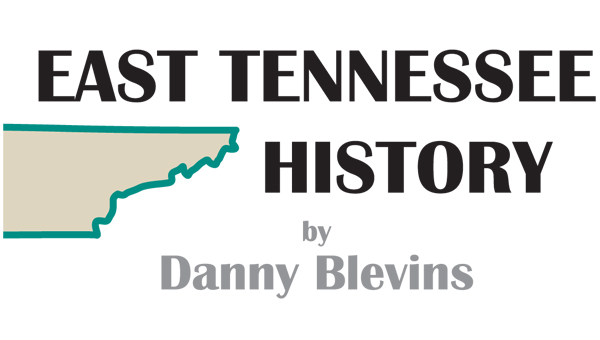East Tennessee History: The Beginning of Tennessee
Published 2:13 pm Tuesday, July 28, 2020
1 of 1
|
Getting your Trinity Audio player ready...
|
I think I have always been fascinated with the past. Just being able to see a glimpse into the lives of people who lived 200 years ago make me appreciate who I am and what I have.
When I was young, the stories of my grandfather and my father took me to places I could only imagine, to battlefields, to people long gone, and to places I will never see. By the time I was a teenager, I knew I would be a history teacher, and I would have a life-long fascination with the past.
To me, history starts at home. Many times, I have stood on a mountainside staring at a deep hollow and wondered how many people have seen that view before me? How many Native Americans have walked the trail I was walking? How many footprints was I following, and what was their story?
In a way, I will never know who came before me, but by using a little research I did discover a little about my ancestors. I discovered that they were from Wales and the Blevins name means “wolf cub.” It is said in some context that the name “Blevins” was used for someone who showed bravery and valor, such as a wolf.
Most of the first settlers in this area were English, Scottish, Irish, and Scot-Irish. When they moved across the mountains to our ridges and hollows, they brought with them their traditions, language, and a variety of surnames.
Many surnames for these settlers can be traced to a person’s job. An example may be that there was a man who worked as a blacksmith, or as a cook, or as a miller. This can explain why these were some of the most common surnames of the time.
Others got their surnames from a landmark near their home. An example may be that a man lived near a field of birch trees. His surname could be Birchfield. Another person may live near a large field. His surname could be Fields.
Still, others got their surnames from being the oldest male child. An example could be that a man named Robert had a son. For a while, it may be said “this is Robert and that is the son of Robert.” Later the name was changed to Robert’s son or Robertson.
A man named William had a son and eventually he is called William’s son, or Williamson. Any surname that ends in “son” is probably from the British Isles and probably became a name through this means.
There were other settlers from other parts of the world who arrived to settle these hollows. Their names became a part of who we are, and of course, there is the influence of the natives on this area. Most waterways were first named by the native tribes. In all probability, even the name Tennessee comes from one of these tribes.
The first settlers then came across the mountains. This was in itself an act of defiance because Britain had banned any settlements west of the Appalachians because they could not protect them from the Indians. The Proclamation Line of 1763 was meant to keep all settling east of the mountains so the British Empire could keep a close eye on them and be able to protect the settlements from the Indians.
What the British did not know was that the settlers were determined to take care of themselves. Most of them had little hope in ever owning land in their homelands, and this was their chance to have a house, land for farming, and put down roots. A British proclamation was not going to stop them.
By 1775 this area was filled with farms and a people determined to make their life work, even if they had to fight Indians and the British Empire. Before all was said and done, they would have to fight both.
Next week we will continue the story of these people who were determined to live a life independent and free. For many of us, they will become known as our ancestors.






